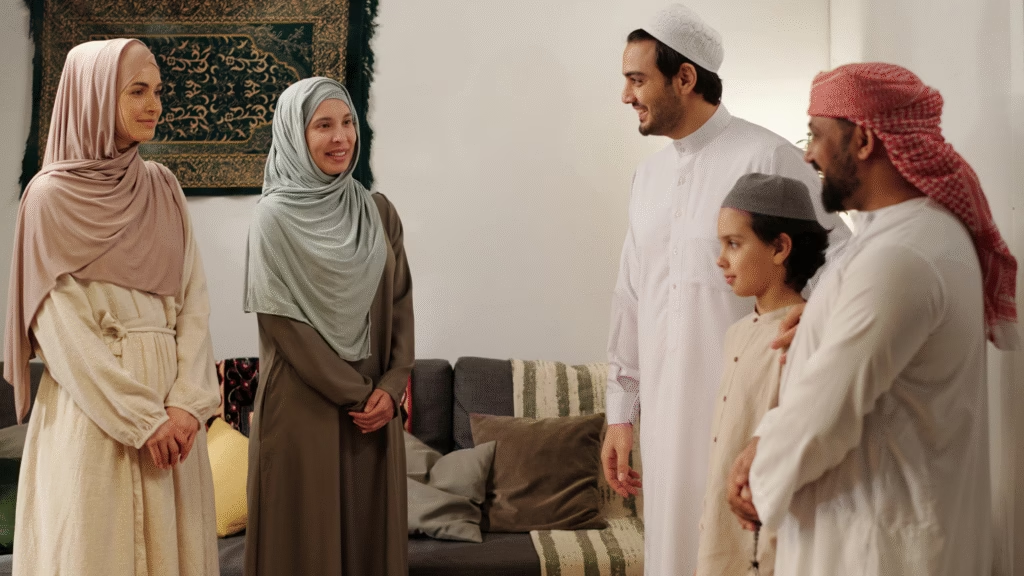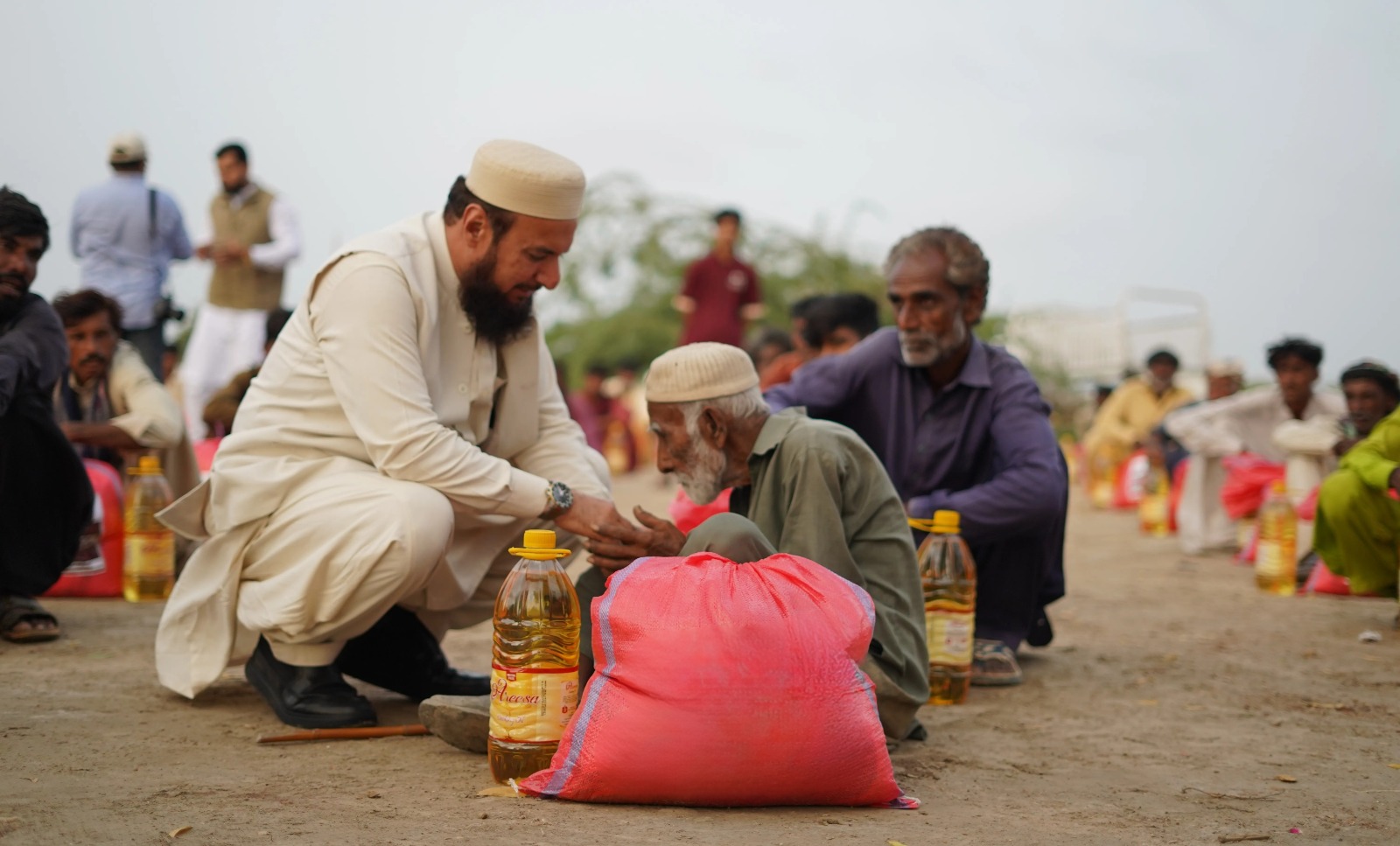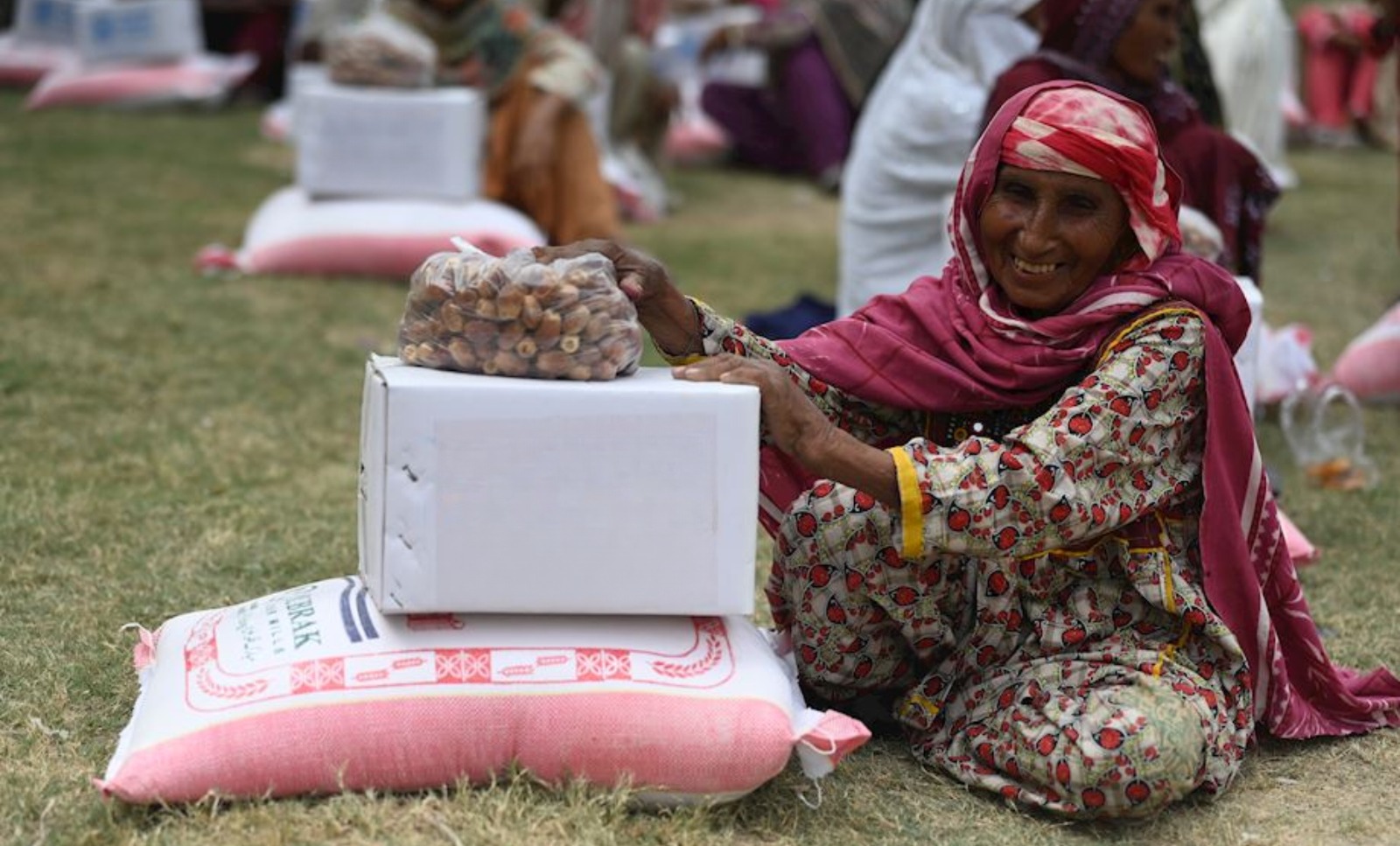The joy of Eid al-Fitr is built on beautiful traditions. We wear our best clothes, we visit family, and we share in the happiness of a day gifted to us by Allah (SWT). For children, a huge part of that happiness comes from receiving presents.
This is where a loving debate often begins: what’s the best way to give that present?
In one corner, we have Eidi: the traditional, exciting gift of crisp, new banknotes.
In the other, we have the Eid Gift: a lovingly chosen and wrapped present, like a toy, a doll, or a new football.
For our own children or younger relatives, this choice is just a matter of preference. But when we are donating to give a gift to an orphan or a child in deep poverty, the question becomes much more important. Eidi vs. a toy isn’t just about what’s more fun; it’s about what is most needed, most practical, and most compassionate.
So, what is the better gift for an orphan? The answer is a little more complex than you might think, but it’s one that’s full of mercy and understanding.
The Beautiful Case for Eidi (Cash)
Eidi is the classic, time-honoured gift. It’s the thrill of an elder smiling, opening their wallet, and handing you a symbol of their love and barakah (blessing).
Why Eidi is a Wonderful Gift:
- It Gives Dignity and Choice: This is the most powerful argument. Giving cash, especially to a guardian like a widowed mother, is an act of deep respect. It says, “I trust you. You know what your child needs more than I do.”
- It Empowers Families: That £10 cash might not be spent on a toy. It might be spent on a new pair of school shoes, which the child desperately needs. It might be spent on medicine. It might be spent on the ingredients for the family’s special Eid breakfast. It empowers the mother to be the hero for her own family, which is a gift of dignity in itself.
- It Teaches Independence: For an older child, being given Eidi is a lesson in responsibility. It’s their money to spend as they choose, perhaps to buy their own ice cream or to save up for something bigger. It gives them a rare feeling of independence.
In many situations, cash is the most flexible, dignified, and empowering gift you can give.
The Magical Case for a Toy (The Eid Gift Pack)
Now let’s look at the other side: the physical, wrapped present. This is often given as part of a complete “Eid Gift Pack,” which might include new clothes, some sweets, and a toy.
Why a Toy is a Wonderful Gift:
- It Guarantees Joy: This is the most important point. A child in poverty has many needs (shoes, food, medicine). If you give their mother cash, she will almost certainly, and rightly, spend it on those needs. The child gets what they need, but they may not get what their heart wants: a simple, fun, “useless” toy.
- It Guarantees Play: A physical gift pack guarantees that the child gets to be a child. It gives them a doll, a car, or a football—something that is 100% for play. This is essential for a child’s happiness and mental well-being.
- The Magic of a Present: For a child, especially an orphan, the feeling of being given a wrapped box with their name on it is a magic all its own. It’s the thrill of the surprise, the joy of unwrapping, and the feeling that someone chose this just for them.
- It’s Practical in Remote Areas: In many rural villages or camps where charities work, there are no local shops. Handing a child cash is useless if there is nowhere to spend it. A physical gift, bought in a city and transported in, is the only practical way to give.
In many cases, a physical toy is the only way to ensure a child gets a gift for their heart, not just an item for their survival.
So, What’s Better for an Orphan? The Answer is “It Depends”
As you can see, there isn’t one simple answer to the Eidi vs. a toy question. The “better” gift depends entirely on the child’s individual situation.
This is a practical look at the Eidi vs. Eid Gift debate. A gift that is perfect for one child might be impractical for another.
- Case Study 1: Sadia, a Widowed Mother in a Town.
Sadia has three children. Her eldest son’s shoes are falling apart. Her daughter has been asking for a specific type of doll. If you give Sadia a pre-packed gift with a toy car, her son still has no shoes. If you give her Eidi (cash), she has the dignity and the choice. She can buy the new shoes and the small doll, making her the provider of both her children’s needs and wants. For her, cash is the better, more empowering gift. - Case Study 2: Ali, an Orphan in a Rural Orphanage.
Ali lives in a partner orphanage home, hours from the nearest big town. He has food, shelter, and his school uniform. If you give him Eidi (cash), he has nowhere to spend it. But if you give him an Eid Gift Pack, he gets a brand-new outfit for Eid prayer, some sweets to share, and a new football. For him, the physical gift is far better. It gives him the “magic” of Eid that he can’t get any other way.
How We Make the Right Choice for Every Child
So how do we at Children of Adam know which gift to give?
We don’t guess. We rely on our expert teams on the ground. Our local partners and volunteers live in these communities. They know Sadia. They know Ali. They know the local markets, the local needs, and the local culture.
We don’t have a blanket policy. Instead, we have a policy of trust and empowerment.
When you donate £10 for an Eid gift, you are not just ticking a box for “cash” or “toy.” You are trusting us to make the best decision for that specific child. We empower our teams to decide if cash or a present is the most appropriate Eid gift.
In one village, your £10 donation will be given as Eidi to a mother, giving her the power of choice. In another, it will be used to buy a new dress and a doll, giving a child the magic of a surprise.
Your donation becomes whatever that child needs it to be. This ensures your gift has the maximum possible impact, dignity, and joy.
A Gift of Joy, Separate From the Gift of Food
It’s important to remember what this gift is for. The Eid gift—whether cash or a toy—is a Sadaqah (voluntary charity). Its entire purpose is to spread happiness, love, and the joy of the celebration.
This is a separate and different act from our other great Eid charity: Fitrana (Zakat al-Fitr).
This Eid gift is separate from the Eid charity (Fitrana), which is used to pay for staple foods like rice, flour, and lentils.
- Fitrana (Obligatory) ensures a poor family has food to eat on Eid day. It meets their basic human need.
- The Eid Gift (Voluntary) ensures that family’s child has joy on Eid day. It meets their basic human heart.
Islam is beautiful because it asks us to care for both: the body and the soul.
So, as you prepare for Eid, don’t worry about the Eidi vs. a toy debate. Trust that your donation, given with a pure heart, will be used by our teams in the most compassionate and effective way possible. Your £10 will become the perfect gift, at the perfect time, for a child who deserves to feel loved.




